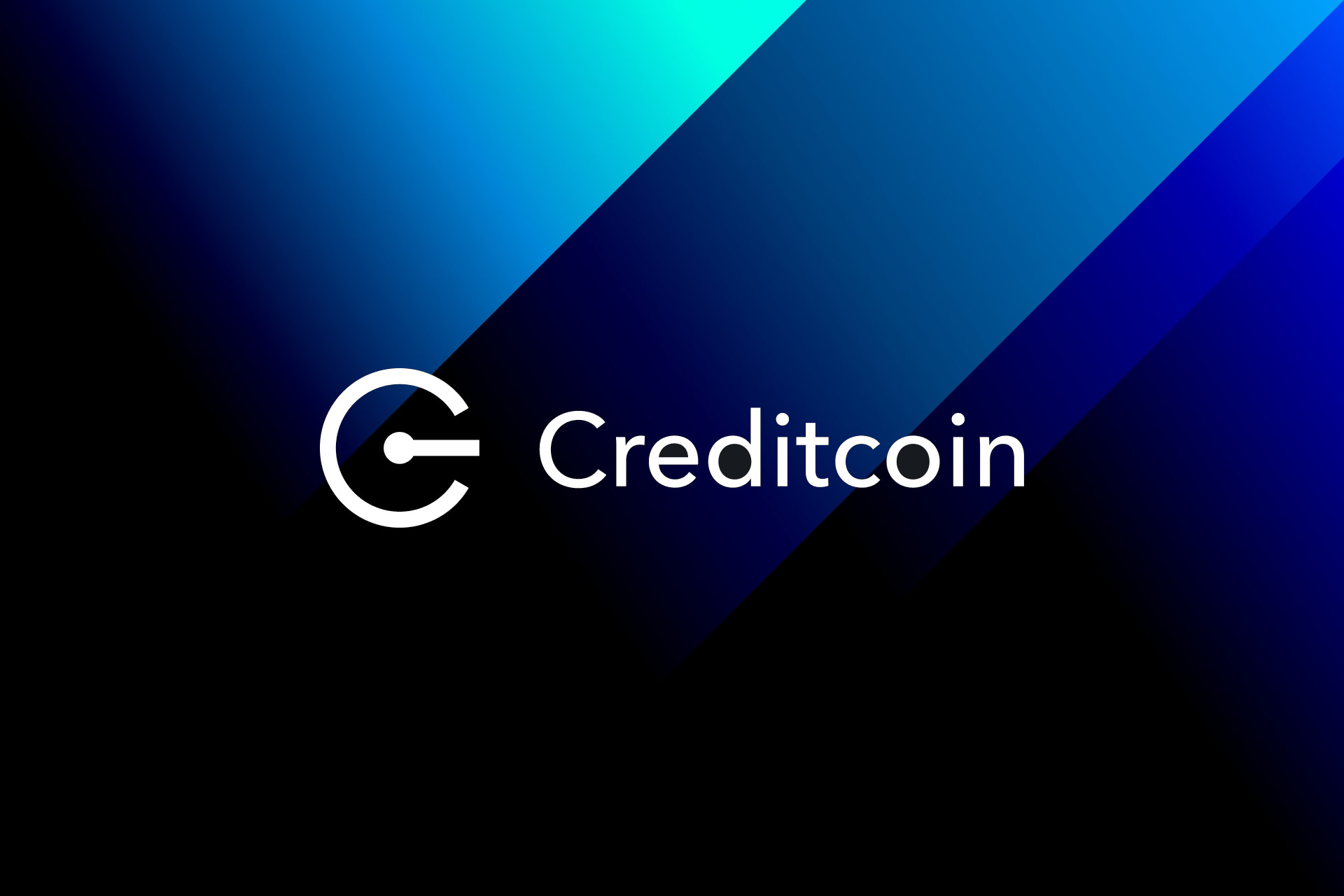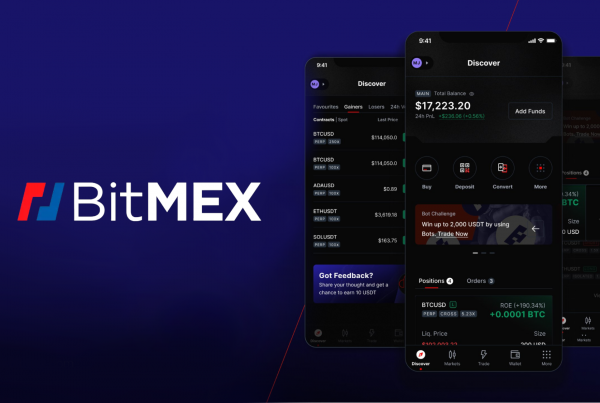
Key takeaways:
- Creditcoin 2.0 represents the latest upgrade of Creditcoin, a top blockchain-powered credit lending network that has recorded over 28,000 real-world loans
- Aella, a mobile banking platform based in Africa, is the first to integrate with Creditcoin 2.0 and hopes to attract more investors as its business becomes more transparent
- Creditcoin 2.0 facilitates easy integration and provides several other improvements to the OpenFi Ecosystem
- Creditcoin is building a robust infrastructure that will help partners to reach more unbanked and underbanked individuals in emerging markets
Cryptocurrency was originally created to help people engage in financial transactions without relying exclusively on governments and banks. The Creditcoin Foundation is one of many companies working hard to achieve this dream on a global scale.
The Creditcoin Foundation and Gluwa have announced the release of Creditcoin 2.0, which is a much-needed and long-awaited upgrade to its network. The blockchain-powered credit lending network is prepping to do more, after recording more than 28,000 real-world loan transactions that are valued at over $1.8 million. It is one of the top entities providing much-needed credit to the unbanked and underbanked in emerging markets.
Aella Integrates With Creditcoin
Aella, a top mobile banking platform in Africa, is poised to become one of the merchants to drive the success of Network. It has successfully integrated with Creditcoin 2.0. From the available information, Aella’s credit transactions, including loan terms, payments, and repayments will be recorded on the Creditcoin block explorer.
Aella is already a reputable brand in the African market. The integration with Creditcoin 2.0 will bring a higher level of transparency. Its credit history will become completely transparent, meaning that investors within the OpenFi Ecosystem can audit Aella’s credit performance in real-time. They can then invest their funds via Gluwa Invest.
Reaching the Unbanked and Underbanked
Creditcoin is playing a huge role in the open market. It efficiently minimizes the informational asymmetries between borrowers, lenders, and investors. This helps Aella to raise capital easily and satisfy its market quicker. Of course, this will ultimately improve lending rates for the unbanked and underbanked in Africa.
Speaking about the development, the CEO of Aella, Akin Jones said:
“We’re excited to be the first OpenFi partner to integrate with Creditcoin. By allowing potential investors to see how our business is performing in real-time, we’re confident that this will increase counterparty trust and, ultimately, help us raise capital too. For us, and millions of users across Africa, that means more and cheaper access to vital sources of credit.”
A Well-Timed Valuable Upgrade for the Future
Creditcoin 2.0 is an important upgrade that will improve the performance of the network significantly. The newly released Credal API makes it easier for lending platforms to seamlessly integrate with the decentralized credit network. It comes with a new command called Register Deal Order. In addition to enabling more efficient integration, it guarantees faster recording of loan portfolios and user bases.
Though it has been launched, more improved features are still on the way. In the coming weeks, visibility in Credit 2.0 will improve, thanks to the new and improved Creditcoin Block Explorer tool. This tool will facilitate the development of public-facing endpoints which, in turn, will deliver real-time, transparent data on the performance of the blockchain.
There is also a plan by the Creditcoin team to add data to the number of outstanding loans within its ecosystem. It is also aiming to create a real-time Order Book of its loan bid/ask market between lenders and borrowers.
Speaking about the upgrade, Creditcoin Founder, Tae Oh, said:
“It’s an exciting time as we launch Creditcoin 2.0. This release gives us increased stability and performance for our miners as they secure the network for our lenders, investors, borrowers, and community of fintech developers. All of this helps us achieve our goal – giving the unbanked of the developing world a fairer shot at building an immutable, transparent credit history, and with it, financial stability.”



